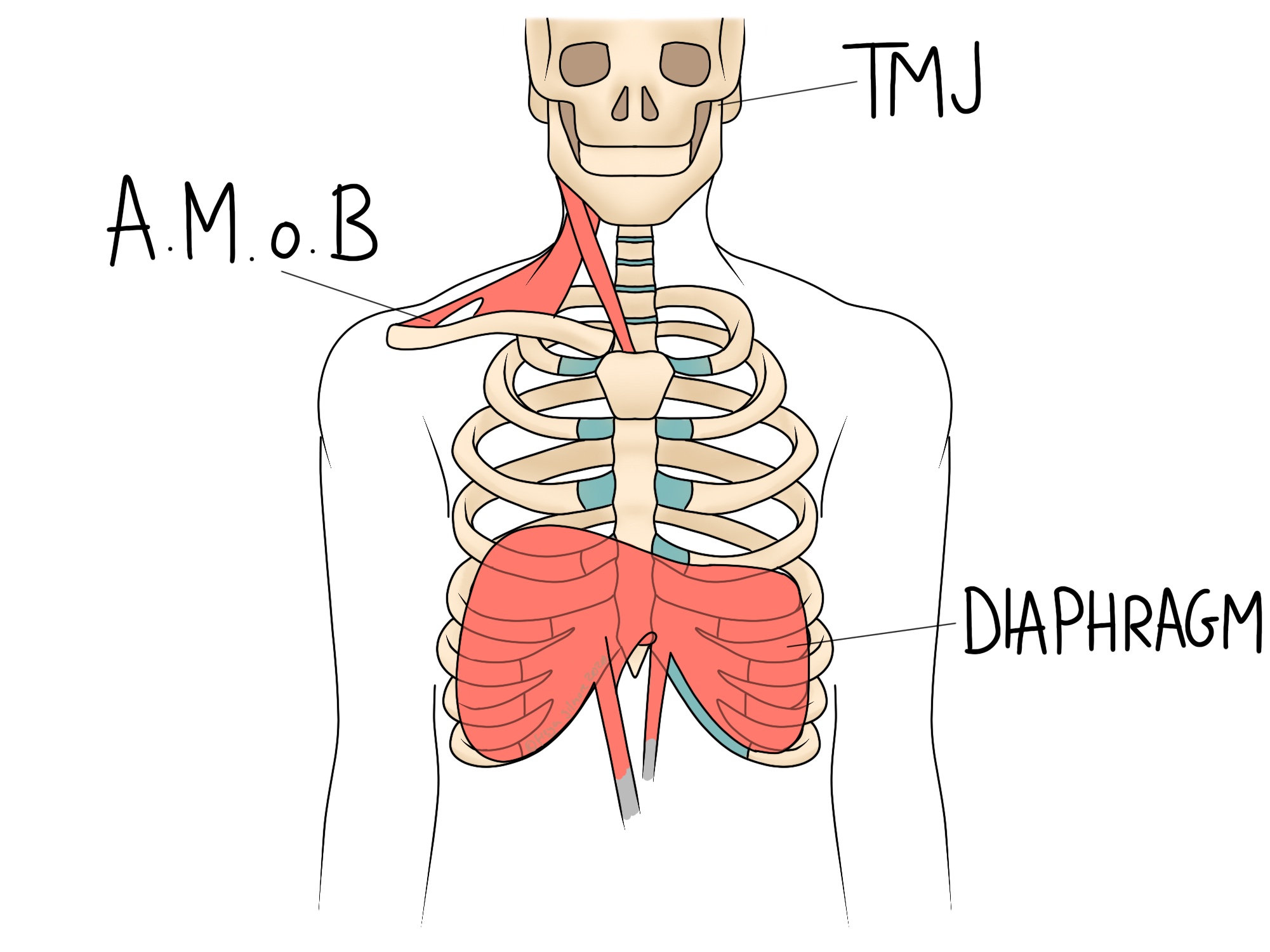14 October 2020
Tension

Do you find that your shoulders get tight and sore when you're stressed, or do you always develop a headache after a stressful day? The link between stress and muscle tension is clear, and although we can't relieve your stressors, we can help relax those muscles.

Fight or flight
Responding to stress is necessary for survival, but the body is not built to handle modern day stress. The fight or flight response is meant to be a short term state, as when encountering a predator in the wild. These physiological changes are great for helping us survive these situations, but they're not meant to go on in the long term. These changes include:
- diverting blood from the digestive system to the muscles
- increased heart rate and blood pressure
- release of energy stores
Work related stress can be a slow drain on this system for days, weeks, or months. Look at any of the changes listed above and you'll see that you don't want any of them to go on for any significant length of time.
Upper body tension
It's not unusual to hold your stress in your shoulders, but it isn't much use for office stress! Along with shoulder tension, the muscles in the neck often tighten up too, which can lead to cervicogenic headaches. These are simply headaches that originate from the neck.
Some people find a link between stress and migraines. We can help with migraines too.
Abdominal tension
One muscular symptom of tension you might not have noticed is bracing of the abdomen. When relaxed, the abdomen should rise and fall significantly with each breath. This is the most efficient way to breathe, with the diaphragm and other large respiratory muscles taking charge. If the abdomen is restricted, we rely on the Accessory Muscles of Breathing. This feeds back into the upper body tension mentioned above.
Solutions
We can look at the body as a whole to work out which changes you've made in response to stress. You can see how interlinked all of these symptoms are. Your osteopath will work to address the relationships between these areas.
Muscles respond well to treatment and exercises, so your osteopath can help in both the short term and with longer term management. They may also recommend heat or ice and other tips for relief.
If your tension is associated with anxiety beyond direct stressors, we may be able to help with advice for mindfulness. In a similar vein, breathing exercises can have the dual effect of reducing the symptoms mentioned above and reducing your psychological response to stress. We can also support you in finding mental health support such as counselling and CBT should you need it.
If you suffer from the muscular effects of stress, book an appointment now to get some relief.
Learn more
At Ilminster Osteopathy my goal is to help people achieve their goals whatever they may be. Watch our video to find out more.

